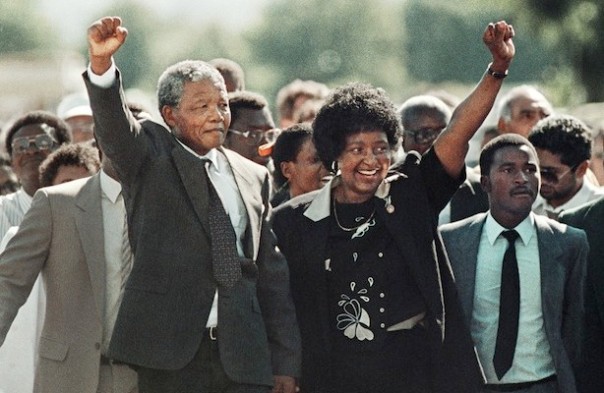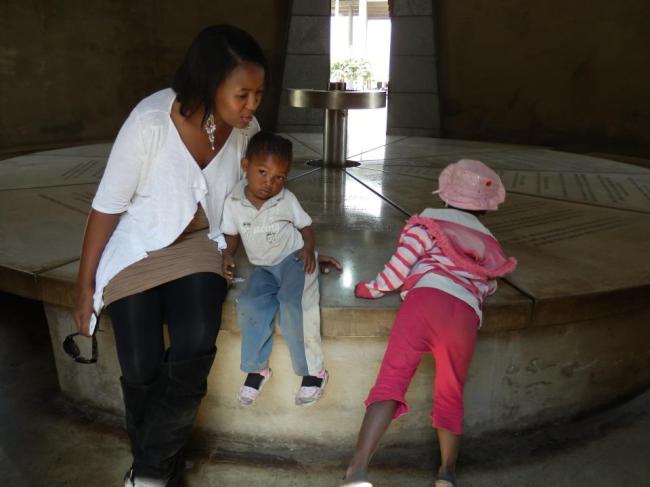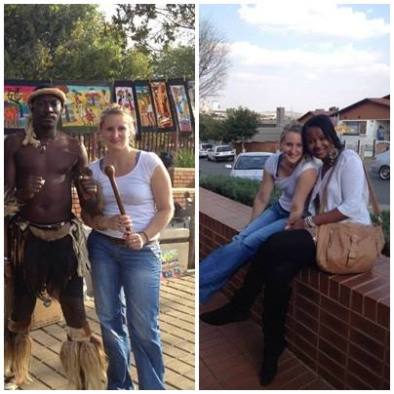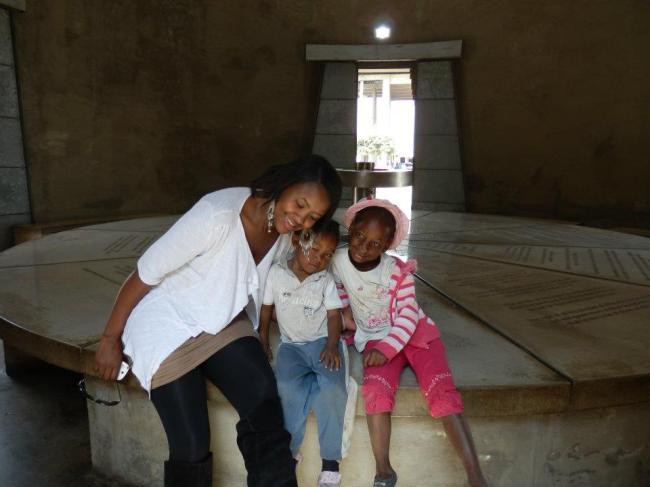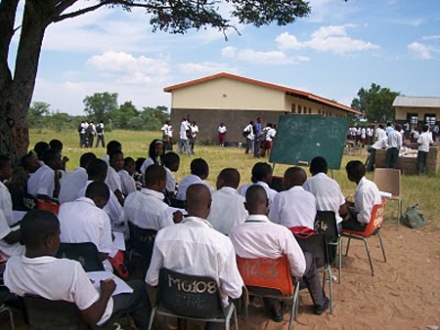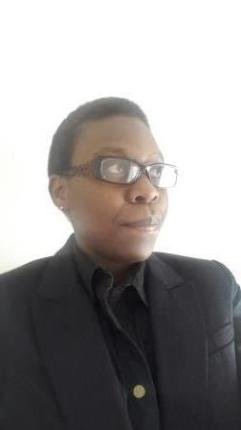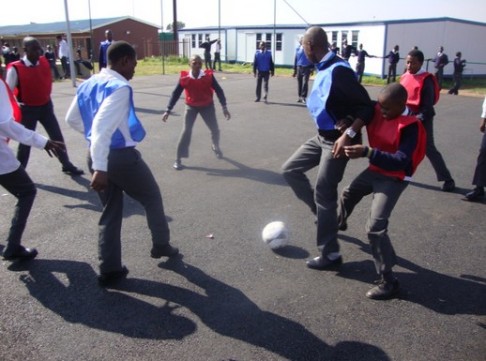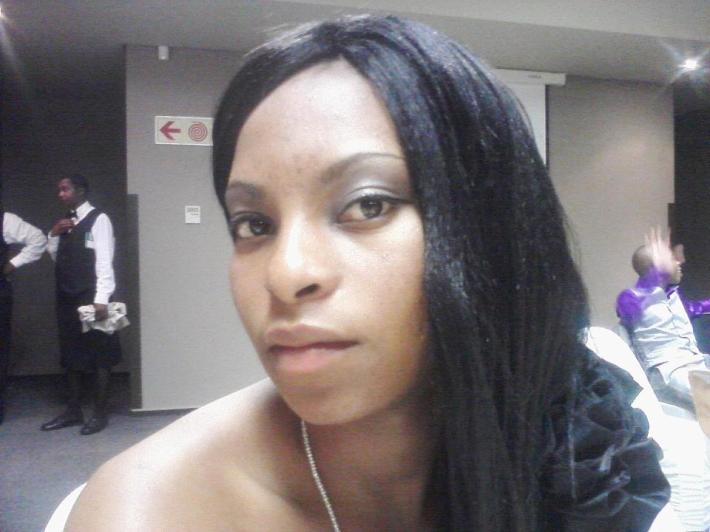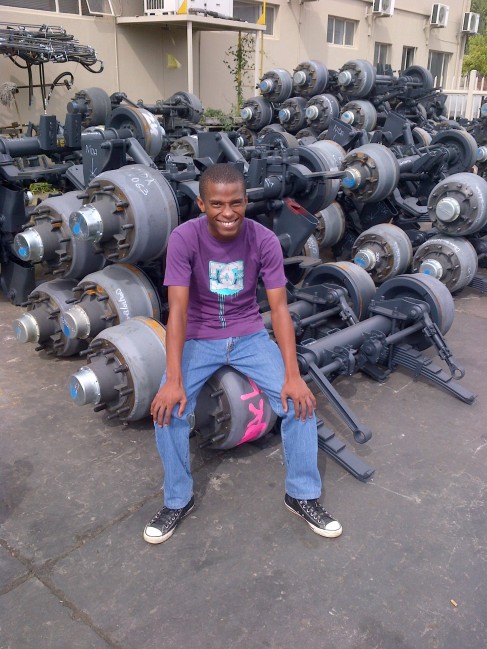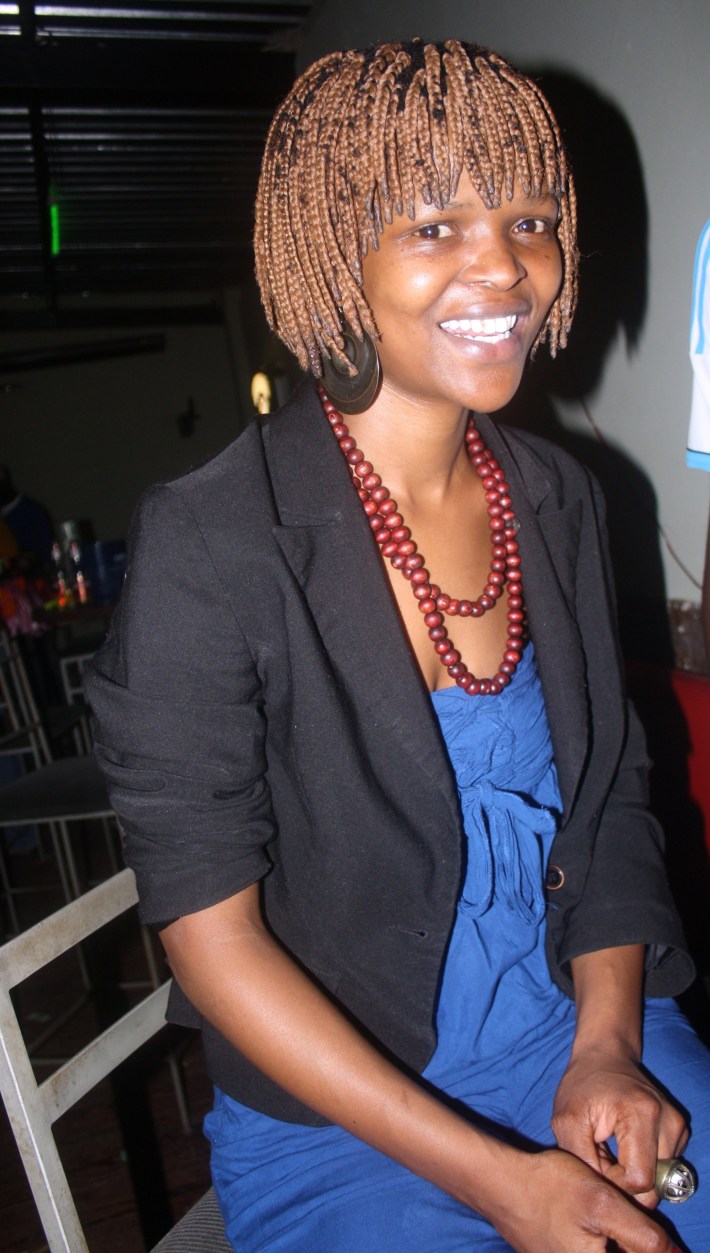Writer: Kagisho Nkadimeng
From the dark shadows of apartheid our forefathers lingered in abject poverty and oppression because of their skin pigmentation. Brainwashed and tortured into believing that they are inferior beings of no importance in this world. To this day they are still suffering from the post colonization psychological disorder.
Knowing their worth and place in this world they knew that the system was inhumane and unjust. So it was only fair that they had to fight the system. Even though they understood that for their cause to succeed, some of them may never taste the ripened fruits of freedom that they had a hunger for.
Indeed some of them, never saw a liberated nation they seeked. Generations of families have been torn apart and to this day many are people still displaced around the African continent and the world languishing in pauper’s graves far away from their native land. The forgotten heroes and heroines who vanished as though they never existed.
As the fortunate generation enjoying the fruits of freedom, we must never forget that we never planted those seeds. It was never our struggle; it was the struggle of those who came before us. They died so we can live amongst each other as human beings. Our struggle should complement their struggle. Our struggle is different. Our struggle is a struggle of economics.
There is a huge social need where the state needs to intervene and build infrastructure. But I feel as though there is a misconseption about the role the state must play in people’s lives and what the people must do for themselves. Yes the state is compelled to provide basic necessities but at the same time citizens need to get up and improve their own lives. I think people are too lazy because they expect almost everything free of charge from the government. Researchers have long said that South Africa’s expenditure on poverty alleviation programmes is unsustainable. Politicians are lazy because they know that every month a poor South African is happy to receive a meager social grant. And as a result they rig tenders while living like monarchs, kings and billionaires with tax payer’s money.
Democracy is as strong as we protect those institutions that govern and maintain law and order as well as basic human rights among other things in a country. Our democracy is comparable to a teenager who is still trying to find their place in life, in this context it is the African continent and the world. We certainly cannot afford to have the “no vote” or “spoil your vote” rhetoric. It is just pure hogwash. What would happen if you have a horrible election turnout? It is a disappointment and an irony that these are horrendous statements made by prominent struggle stalwarts, it is as if they have amnesia. We, the youth still have a long life to live, if we are not happy with the ruling party, we vote them out. If we are worried there is no viable opposition, we will create one. We have all that our forefathers envisioned, perhaps even for themselves. But because of circumstances beyond their control it was never to be enjoyed by them. So why would we spoil that now? I feel these are anti-democratic sentiments and we should not support, let alone give them a platform, but that comes with the territory of having such a diverse democracy and human rights, freedom of speech it is called. If he wants to spoil his vote, that is his personal choice. I will not spoil my first vote just because I am unhappy with the ANC. I will use my vote to remove the ANC from power should the need arrive.
On paper we have all those ideals and human rights we never had. At this moment it is futile to look at the past “oppressor” trying to point fingers. For pointing fingers will never come up with solutions to our issues. Essentially the ball is in our court.
Democracy is a double edged sword. As much as we are to blame the “the past government”, we must be of a sober mind and ask “has the past government” been ruling in the past 20 years? And the answer is no. Yes we have made great strides in alleviating poverty, promoting and protecting human rights, we should be proud of ourselves. But we must never be complacent, as the government, private sector and the citizens; there is still a lot that has to be done.
A democratic nation we are, but is it democratic that some children go to bed hungry? Is it democratic for a ten year old to walk 10km to a school where he/she will attend under a tree or in a leaking and muddy classroom? Freedom and democracy can never be divorced from economics. Freedom and economics are intertwined, it is poverty and a socio economic need that fuelled the Arab spring, the apartheid resistance movements and even to this day, the service delivery protests we see are fuelled by bad living conditions.
The ruling elite say it is too soon to see the changes we so hoped for but if those ideals cannot be achieved in 20 years, when will they be achieved? In another decade? Don’t we run the risk of imitating other African states who, with 50 years liberation they have nothing to show for it but violence and genocide against their own country men, women and children? How can the citizens on this beloved country be ever confident in a ruling elite who loot all they can? Having read George Orwell’s classic political satire Animal Farm, I cringe every time a spokesperson defending their leader, it sounds so much like the propaganda Squealer would use in the book to convince the other animals that what the pigs did or are doing is ok even if it is not. In the last chapter of the book, the animals looked through the window of a room where the pigs had been playing a card game with the men from the neighbouring farms, and through the quarrel, as the lower class animals where looking through a window it was said poignantly that “they looked from man to pig, and from pig to man; but it was already impossible to tell which was which”.
The lesson here is that we should not let the ruling party feel too comfortable with power of the country that they feel entitled to it, because at the end it will be us, the citizens comparing the National Party and the ANC, not knowing the difference. The best test for our young democracy will be the day the ANC will be voted out. Will they be happy losers’? Sentiments like “we will rule until Jesus comes” are very concerning. In our case let’s hope that when Jesus does come, the ANC will relinquish power without bloodshed.
True democracy lies in creating an environment where true economic freedom is achieved. Bear in mind that economic freedom does not constitute the few flamboyant BBBEE/ tender-preneurs who are flashing ill gotten wealth in distasteful means. It’s not a crime to be rich. In fact I think everyone can and should be a millionaire. But how can I become a millionaire when my back yard, the land where the remains of our forefathers are buried is owned by a European/ Chinese who cannot even pronounce ubuntu?
How can I create my own wealth when the profits from the minerals of my land that are dug up by me are enjoyed by someone who has never even been to my land? In this current state I can never own land. Land that is mine. I am told I have to buy, but with what money? Maybe South Africa is the only country in the world where South Africans are tenants on their own land.
They tell me they need skilled people, in their eyes I am not skilled. But then I ask, “these hundred year old enterprises where started by people who did not know, they learned as they went. Why is it that I cannot be given a chance to learn as I go and one day my business will be 100 years old too, listed on the stock exchange run by my great grand children”?
Maybe nationilisation is not the answer. But the former oppressors must give us something to run and if it fails it, we will take full responsibility. The honest truth is that a hundred years ago when the de Beers, the Openheirmers came here, they knew nothing about mining. And today we wake up and they tell us we know nothing? How come they learned and became perfect at it but we can’t? Can’t these sentiments be justified as economic oppression?
The economic wellbeing of nation’s citizens is a fundamental need that should be looked after, protected and promoted. We might live in a democratic nation but it means nothing if the citizens are hungry. It means nothing if quality education and proper infrastructure are not freely available. History has taught us very well that hungry and disgruntled citizens can never be efficiently governed. Not democratically and clearly not by using force, Marikana is a perfect example.
We are a very fortunate nation indeed. We do not have issues of tribalism and religious violence such as other countries. Our people just want only the simplest and basic services delivered efficiently, we do have the ability and capability to give them what they want. I’m not looking for a perfect society, otherwise my cause would be futile. There is no perfect society in the world. My people seek to live in a world where your point will be considered even if you are not a supporter of the ruling party. We must ask the critical questions and this situation that when we ask the tough questions we are labeled as “anti revolutionary”, is just pathetic.
The people of South Africa also need to stand up and serve themselves. In the long run free social security programs are unsustainable. People should strive to be economically active. By working, starting up businesses and getting educated. Not getting drunk and burning expensive clothes they cannot afford. Freedom and democracy will only last for as long as they are protected. We as the youth need to start taking ownership and fixing our problems like the Mandela’s did in their time.
Since the sun rays of freedom and democracy rose twenty years ago, we have travelled mountainous roads and navigated towards improving the lives of all South Africans regardless of race, religion, ethnicity etc, it has not been easy. Some pessimists never thought we would arrive where we are today. And Twenty years later the sun is setting. And with that comes the golden rays of a new dawn “the second transition” they call it. A few months ago we buried the first democratic president of South Africa, Nelson Rolihlahla Mandela, and with that, we have to realize that it is up to us now, if we fail, we are not only failing ourselves but those who died for the struggle. Historically countries that are well positioned have citizens who are proud of their nation, politicians who are motivated to serve their nation and leave it in a better state than they found it. America did not become a global powerhouse because of economics only, it became so because every citizen was dreaming of the “American dream” and they were trying to bring it to reality every day. Let us create a South African dream that all citizens will simultaneously work towards attaining, not for me, not for you but for the country.
Africa is a promising continent and the world sees us as a centre of growth hence they are heavily investing in us. The buzz of entrepreneurship in the country and continent is amazing. If we fix our post colonization socio economic issues, particularly political dispute without the need to spill the blood of our own African brothers, sisters, mothers. Africa could prosper to set the global agenda.
South Africa’s democracy is Africa’s democracy. Freedom is South Africa’s peace, liberation and freedom. South Africa can never exist in isolation from Africa. Africa cannot exist in isolation from South Africa. And that is why South Africa must have a strong position of African issues. It’s also very premature for the African continent to say that African problems must be solved using African solutions. The rest of the world knows better than we do. And they can help us. Yes bombing Libya was wrong but so was Gaddafi staying in power for 40 years. At the end of the day, two wrongs don’t make a right.
Cheers to another twenty years of democracy.
A PROUD AND YOUNG SOUTH AFRICAN CITIZEN.
If you would also like to see your opinion piece published in our blog, email: info@educationambassadors.org.za
